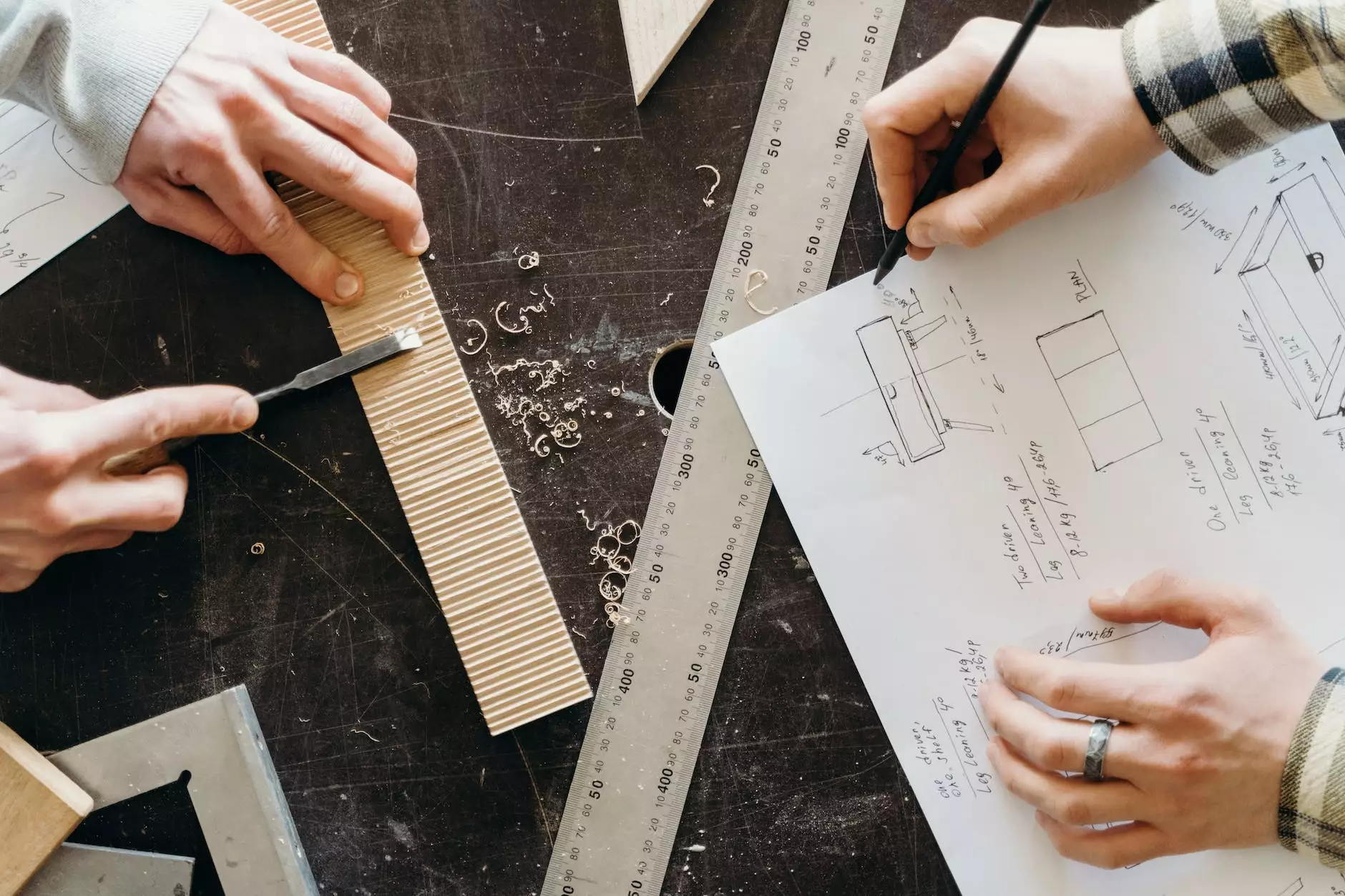Transforming Ideas into Reality: The Role of a Prototype Mold Making Supplier

In today's ever-evolving market landscape, businesses rely heavily on rapid innovation and effective product development processes. One of the significant contributors to this innovation is the use of prototype mold making suppliers. These suppliers play a pivotal role in helping companies to test, refine, and perfect their product designs before moving to full-scale production. Understanding the implications of working with these suppliers can mean the difference between success and setback.
What is Prototype Mold Making?
Prototype mold making is a specialized process that involves creating initial models of products to evaluate design and functionality before committing to full production. This process utilizes various materials and methods to produce molds, which can ultimately lead to multiple iterations of a product based on testing and feedback.
Advantages of Using a Prototype Mold Making Supplier
Engaging with a reliable prototype mold making supplier can offer numerous benefits to a business, including:
- Cost Efficiency: Producing a prototype can significantly reduce costs associated with full production, as it allows for adjustments without the financial burden of misplaced investment.
- Speed to Market: In highly competitive industries, being the first to market can mean increased profit margins. Suppliers who specialize in prototype mold making facilitate faster turnaround times.
- Improved Design Quality: Prototypes are essential in identifying design flaws early on in the process, leading to higher-quality products.
- Customization: Prototype molds can be tailored to fit specific requirements, allowing businesses to meet unique client needs or niche market demands.
Understanding the Prototype Mold Making Process
The process employed by a prototype mold making supplier typically involves several key stages:
1. Concept Development
This initial stage involves collaboration between the client and the supplier to develop a mutual understanding of the product vision. Ideas are shared, and sketches or digital 3D models may be created.
2. Design Verification
Here, computer-aided design (CAD) software is employed to create precise models that provide a digitized format for analysis. Tools like SolidWorks or AutoCAD are commonly used to ensure accuracy.
3. Mold Creation
After verifying the design, the actual process of mold making commences. This may include:
- 3D Printing: Rapid prototyping technologies like 3D printing allow suppliers to manufacture complex geometries quickly.
- CNC Machining: Computer Numerical Control (CNC) machines carve out the mold from a solid block material for high precision.
- Injection Molding: This method involves creating a mold into which plastic is injected to form parts quickly and efficiently.
4. Prototype Testing
Once the mold is created, the next step is to produce prototype samples. These samples undergo rigorous testing to determine their functionality, durability, and overall performance. Feedback from testing is then used to iterate on the design.
5. Refinement and Finalization
The final phase includes making necessary adjustments based on testing results and collaborating with the supplier to ensure the end product meets all specifications.
The Importance of Material Selection in Prototyping
The success of a prototype mold depends significantly on the materials used. A reputable prototype mold making supplier understands the nuances of various materials and can guide clients in selecting the best options for their specific applications. Common materials include:
- Plastic: Versatile and commonly used for prototype molds due to its cost-effectiveness and ease of manipulation.
- Metal: Often used for higher durability and strength, particularly in functional testing.
- Composites: Provide tailored characteristics, including lightweight and strength, ideal for complex designs.
Industry Applications of Prototype Mold Making
Prototype mold making services have a broad range of applications across various industries. Notable sectors include:
- Automotive: Rapid prototyping helps manufacturers quickly develop parts that need to meet stringent safety standards.
- Aerospace: Lightweight and durable prototypes are crucial in testing components that endure extreme conditions.
- Consumer Electronics: Prototyping allows tech companies to innovate and bring new products to market effectively.
- Medical Devices: Precision and compliance are critical, making prototypes essential for testing safety and efficacy.
Choosing the Right Prototype Mold Making Supplier
Selecting the right prototype mold making supplier can dramatically affect the success of your project's design cycle. Consider these factors in your decision-making process:
- Experience and Expertise: Evaluate their track record and industry experience. A supplier with a proven history in your industry is likely to understand your specific needs.
- Technology and Equipment: Investigate the tools and technologies they use in their fabrication process, ensuring they employ up-to-date and innovative methods.
- Customer Service: A responsive and supportive supplier can make all the difference during complex product development phases.
- Portfolio of Work: Reviewing past projects can provide insight into the quality of work and creativity of the supplier.
Final Thoughts on Working with a Prototype Mold Making Supplier
In conclusion, the role of a prototype mold making supplier is indispensable in today’s fast-paced production environments. By engaging with specialists in the field, businesses can not only realize their product ideas but also enhance their overall operational efficiency. Investing in quality prototype molds can mitigate risks, reduce costs, and improve time-to-market, ultimately providing businesses with a competitive edge.
As you embark on your journey to innovative product design, remember that the right partnerships, particularly with a skilled prototype mold making supplier like Deep Mould, can be the catalyst for turning your concepts into market-ready products.
For more information about our services and capabilities, visit us at deepmould.net.









